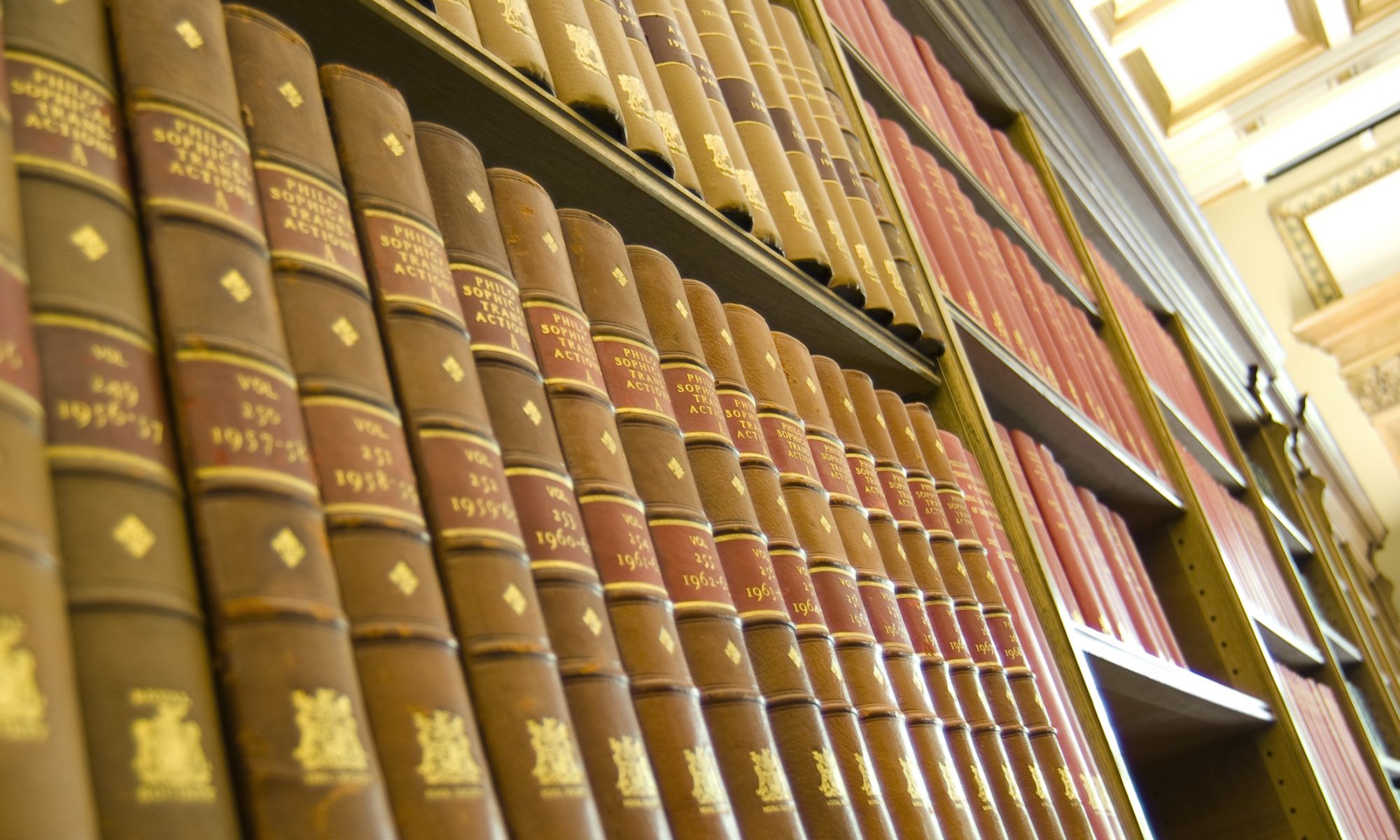Academic authors in the twenty-first century have become used to submitting an ‘abstract’ of their paper alongside the full text – but abstracts were originally something written by another person.
Third-party summaries
The practice of ‘abstracts’ arose from a recognition of the value of providing short summaries of a paper, for the benefit of those people who were not able to access the full original. For instance, in the late 18th century, the Royal Society used the term ‘abstract’ to describe the summary of a paper that was written into the minute-books by the secretary after a paper had been read out loud at a meeting. Continue reading “Where did the practice of ‘abstracts’ come from?”
